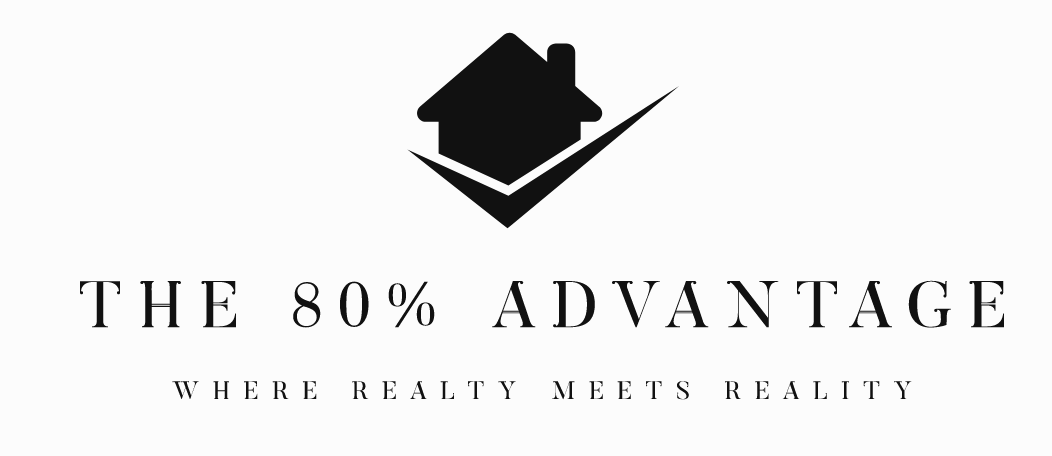Real Estate and the Economy: An Intricate Dance of Growth and Challenge
An Intricate Dance of Growth and Challenge
Real estate, often heralded as a cornerstone of modern economics, plays a multi-faceted role in shaping a country's financial landscape. Its influence goes beyond just buying and selling properties. The real estate market can dictate the health, growth, and even challenges within an economy. Let's delve deep into this intricate relationship.
1. Economic Barometer:
Real estate often acts as a barometer of economic health. A robust real estate market generally indicates strong consumer confidence and purchasing power. Conversely, a sluggish market can signal economic downturns, decreased consumer spending, and even looming recessions.
2. Employment and Economic Growth:
From construction workers to real estate agents, the housing market directly and indirectly creates millions of jobs. It also fuels related industries like home goods, appliances, and services. A healthy real estate market can therefore significantly boost employment rates and drive economic growth.
3. Interest Rates and Real Estate:
Central banks often manipulate interest rates to control inflation and stabilize the economy. These rates directly impact mortgage costs. Lower interest rates can encourage borrowing and investing in real estate, while higher rates can slow down the market.
4. Tax Revenue Generation:
Property taxes are a significant revenue source for local governments, funding crucial services like education, health, and infrastructure. As property values rise, so does tax revenue, allowing for better public services and infrastructure development.
5. The Wealth Effect:
As property values rise, homeowners experience an increase in wealth, at least on paper. This perceived wealth can lead to increased consumer spending, driving economic growth. Conversely, a decline in property values can result in reduced consumer spending, affecting the broader economy.
6. Real Estate and Financial Markets:
Mortgage-backed securities, real estate investment trusts, and other property-related assets play pivotal roles in global financial markets. The 2008 financial crisis underscored the domino effect a collapse in real estate values can have on global financial systems.
7. Urban Development and Economic Shifts:
The real estate market can influence urban development patterns. Rising property values in cities can lead to gentrification, affecting local businesses and demographics. Conversely, declining values can result in urban decay. Such shifts can determine the economic prosperity of entire regions.
8. Foreign Investments and Global Economies:
Real estate can also serve as a magnet for foreign investment. Thriving property markets can attract overseas investors, bringing in foreign capital, influencing currency values, and even impacting diplomatic relationships.
In conclusion, the relationship between real estate and the economy is deep-rooted, multifaceted, and critical. While buying a home might be a personal milestone, its implications ripple outwards, influencing local, national, and even global economic landscapes. As markets evolve, understanding this dynamic interplay becomes crucial for policymakers, investors, and the general populace alike.









